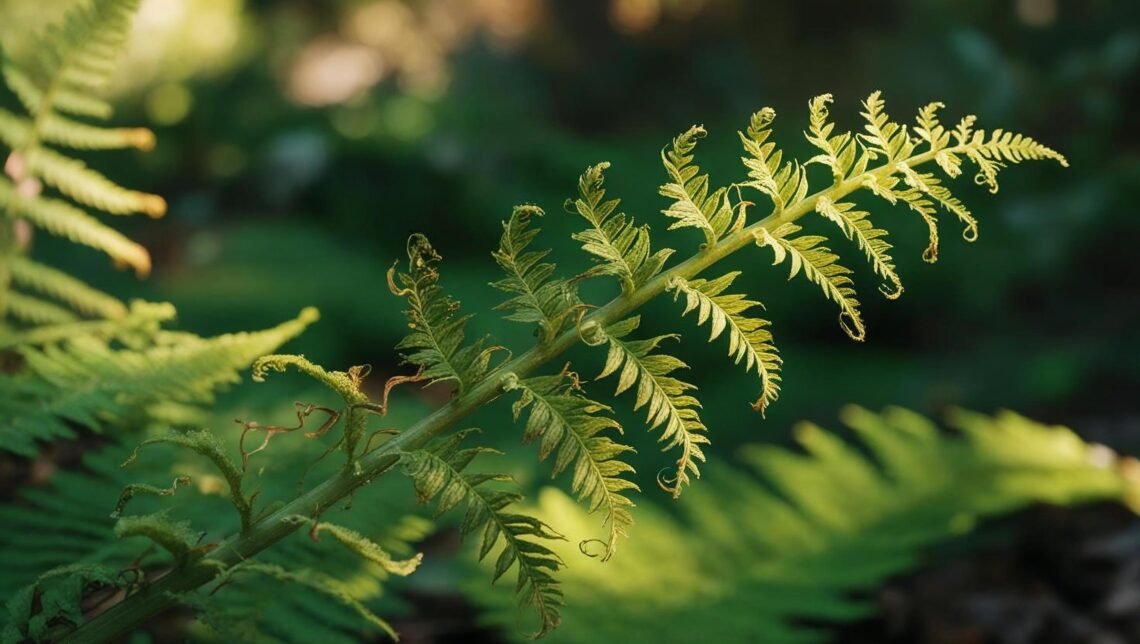Inviting reflection on the slow, often invisible work of cultivating a better future.
I wonder if you, like me, have noticed how our modern world seems to move at the speed of alarm. Everything urgent, everything immediate. News flares like dry grass, relationships are condensed into a thumb’s swipe, and we are rewarded, it seems, only for the swiftest replies and the most visible victories.
Not long ago, I was invited to sit at a round table — one of those earnest gatherings convened to ponder the state of human rights in our day. A weighty subject, to be sure, and the room was filled with minds and voices of no small distinction.
What struck me most, however, was the fervor of one particular speaker — a man whose voice trembled with urgency as he pleaded for swift, decisive action on behalf of the world’s most vulnerable: children caught in the unspeakable tangles of exploitation, displacement, and war. His passion was unassailable, his moral compass true. I could not help but admire the purity of his intent.
And yet, when he was invited to speak further — to outline what form this action might take — it became clear that what he truly hungered for were results, immediate and tangible. There was little patience for plans, for deliberation, for the patient laying of foundations. The call was for outcomes now, and the mechanism by which we might arrive at them seemed, in that moment, of secondary concern.
It left me reflecting, quietly, on the peculiar paradox of our age: how easily our longing for justice can become entangled with our addiction to immediacy. We want, with full hearts, to make things right — and we want it done at once, even when we are not altogether certain what “right” would look like, or how it might be sustainably and wisely achieved.
There is a kind of nobility in such urgency, to be sure. But there is also danger, if we mistake speed for substance, or confuse noise with progress.
Sometimes, the most courageous thing we can do is to sit with the problem a while longer — to listen more deeply, to plan more carefully, to resist the impulse to rush toward action before wisdom has had her say.
For certain there is another way. A quieter, older path that does not flash or trumpet itself. I would venture to call it endurance. Or, if you will permit me a touch of romance, the art of the long view.
You see, I have come to believe — not in a flash of revelation, but over slow, accumulating years — that patience is not merely a virtue trotted out to scold the young. No, patience is an act of defiance. It is a form of resistance against a culture that demands spectacle and speed. To endure, to cultivate steadily, to believe in a goodness that will not be realized tomorrow or even in our lifetimes, is to thumb our noses, gently and graciously, at the roaring demands of the age.
Consider the gardener — that ancient, patient craftsman. She lays seeds in the darkness of the earth, not knowing if drought or flood or blight might come. She waters invisibly, often thanklessly. She trusts the mystery that even under frozen soil, there is movement, the delicate unfurling of life in hidden places.
Is that not what we must become, in our own way? Gardeners of a future we may never live to see?
I do not write these words from any imagined summit of achievement. I am still learning the ways of endurance myself. Too often, I have demanded quick answers from life, when what was needed was faithful waiting. I have railed against delays that, in hindsight, were grace in disguise.
The long view requires, above all, a certain humility — the humility to accept that our finest efforts might be only a prelude, not the crescendo. Our work, our dreams, our strivings — they may be but the first stirring of a great forest that others will enjoy. To labor with joy even so — this is resistance. This is hope.
And how desperately our world needs such hope. Not the gaudy, shallow hope that promises easy victories, but the deep-rooted kind. The hope that knows full well the hardness of things, and yet gets up each morning and tills the soil anew.
It seems to me that every meaningful change — in society, in character, in the vast heart of humanity itself — is grown, not seized. It is won in the slow, stubborn turning of a thousand small wheels, a thousand unseen acts of kindness, courage, and truthfulness.
We are, each of us, apprentices in this quiet work.
So let us resist the pressure to perform, to rush, to despair when we do not see immediate results. Let us befriend the slowness, even relish it. For in the unseen places, the deepest work is always done.
There is, after all, a quiet grandeur in the slow faithfulness of a life given to unseen good. We join a great procession of souls — monks who copied ancient manuscripts by flickering candlelight; midwives who delivered hope into broken villages; teachers who whispered possibility into children’s ears. They, too, might have wondered if their work mattered.
But matter it did.
So will ours.
Let us, then, take up patience not as a reluctant burden but as a shining banner. Let us endure, and in our enduring, plant something enduring.
The world rushes on.
Let us, ever so quietly, stand our ground.





